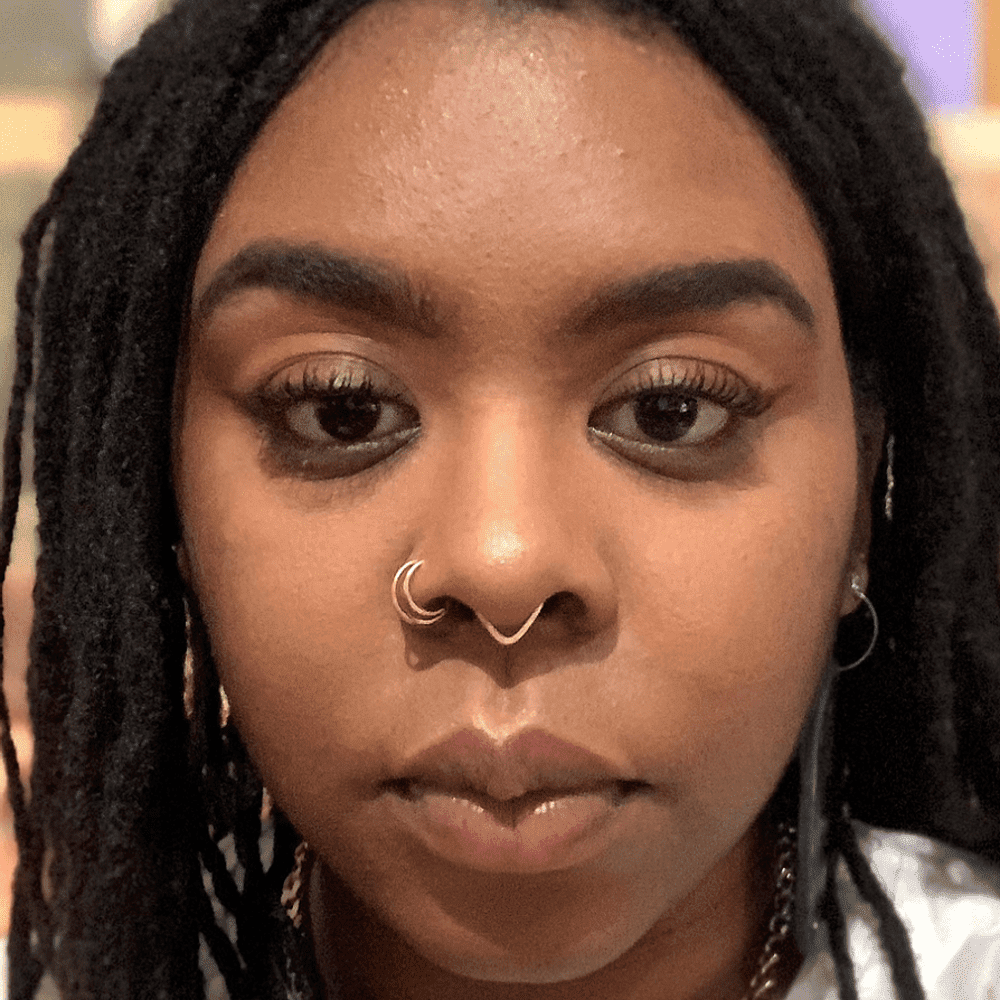10 Movies to Watch This Black History Month
Movies about Black culture often focus on well-known historical events like the enslavement of Africans and the civil rights movement. However, films that depict Black joy and everyday life are equally important.
Black history includes many lived experiences, from the seemingly mundane to the monumental. Historic Black movies broaden our collective understanding of Black experiences, portraying stories about the complex day-to-day lives of Black people.
These must-see movies inform our understanding of Black history and culture.
Top 10 Black History Month Movies
Summer of Soul (…or, When the Revolution Could Not Be Televised) (PG-13)
Ahmir “Questlove” Thompson’s filmmaking debut is a smash hit. The documentary “Summer of Soul” takes us back to the 1969 Harlem Cultural Festival. The festival celebrated Black culture, fashion, and history at a time when Black civil rights were challenged nationwide.
With a musical and historical focus, the film showcases footage from the event not previously shown. “Summer of Soul” received many awards for its portrayal of Black culture, including an Oscar for Best Documentary Feature.
The documentary reminds viewers of the power of music and the connections it offers. As a foundational element — and added bonus — performances by many of the best Black artists are highlighted in their festival appearances. Concert moments by Gladys Knight & the Pips, Stevie Wonder, Nina Simone, and many others grace the screen of this monumental film.
Judas and the Black Messiah (R)
Director Shaka King brings us a powerful rendition of a true story set in the late-1960s. The film dramaticizes William O’Neal’s infiltration of the Illinois Black Panther Party and the fallout that ensued.
Offered a plea deal by J. Edgar Hoover and the FBI, O’Neal must decide whether to take down Fred Hampton — chairman of the Black Panther Party — or hold true to the relationships he built within the party.
King makes the true yet painful events worth watching even as the storyline unfolds a dangerous sequence of events. Daniel Kaluuya and LaKeith Stanfield’s powerhouse performances show why “Judas and the Black Messiah” tops awards lists nationwide.
13th (NR)
The film “13th” tells the origin story of the modern prison industrial complex in the United States. Starting from the country’s inception, director Ava DuVernay examines the history of racial inequality in the U.S.
The documentary is called “13th” in reference to the 13th Amendment, which made slavery and involuntary servitude illegal — except as a criminal punishment. The movie illuminates how federal systems used the 13th Amendment’s exception to build an incarceration system that disproportionately impacts Black people.
DuVernay exposes the modern prison system as a continuation of Black people’s enforced servitude. The movie dispels the myth that slavery in the U.S. ended in the 1800s and highlights the ongoing effects of systemically racist practices.
The Hate U Give (PG-13)
“The Hate U Give” tackles the topic of police brutality in the United States. The Black community is disproportionately the target of police violence in America. Although “The Hate U Give” tells a fictional story, the film looks into the very real consequences of state-sanctioned violence.
Based on Angie Thomas’ young adult novel, “The Hate U Give” follows Starr Carter as she code-switches to fit in at home and at her predominantly white prep school. After a police officer kills her best friend, Starr steps into her power and speaks up for herself and her community.
One Night in Miami… (R)
“One Night in Miami…,” Regina King’s feature film directorial debut, focuses on a single evening shared between four Black historical icons. As one of few Black women directing feature films in Hollywood, King often chooses projects that tell Black stories.
In “One Night in Miami…,” Malcolm X, Sam Cooke, Jim Brown, and Muhammad Ali come together amidst the civil rights movement in 1964. The fictional storyline offers a modern take on Black leadership through the lens of friendship and historical connection. The film is an example of the powerful art that can be created when Black filmmakers are allowed to tell their stories.
Moonlight (R)
“Moonlight” features an entirely Black cast — a notable accomplishment for a Hollywood feature film. Among many other awards, Moonlight won an Academy Award for best picture in 2017 — the first movie with a gay protagonist to do so.
Based on the unpublished play “In Moonlight Black Boys Look Blue,” the film takes viewers on a journey through the main character’s childhood, adolescence, and early adulthood.
Starting in Miami in the 1980s, Chiron navigates daily life as we are confronted with the impacts of drug addiction and poverty. The protagonist’s struggle to understand his sexuality and identity highlights the complexities of living as a Black man in America.
Passing (PG-13)
“Passing,” based on Nella Larsen’s 1929 novel of the same name, tells the story of two Black women who reconnect after years apart. The film focuses on the impacts of colorism and racial discrimination in the United States — both of which are still prevalent today.
Set in 1920s New York City, the movie centers around Claire and Irene’s experiences with white-passing culture. “Passing” examines why Black people sought to pass and the effects of doing so. Colorism’s hierarchical structure continues to plague Black communities, making “Passing” an essential watch.
Just Mercy (PG-13)
“Just Mercy,” based on the true story of Walter McMillian’s wrongful murder conviction, invites the audience to examine the U.S. legal system. Starring Michael B. Jordan, “Just Mercy” addresses how systemic racism impacts the lives of modern-day Black Americans.
McMillian’s story of wrongful conviction is one of many. Dozens of Black people across the country are wrongfully imprisoned, and many of them will never be exonerated. By telling one man’s personal account, the film addresses a systemic injustice that has disproportionately impacted the lives of generations of Black people.

The Forty-Year-Old Version (R)
Writer and director Radha Blank stars in “The Forty-Year-Old Version,” a film about a playwright and teacher who decides to reconnect with her life’s true purpose — rap — when she turns 40. The movie is an intimate focus on one Black woman’s journey through life with humor and realness.
Set in New York City, “The Forty-Year-Old Version” is joyful and refreshing. The story emphasizes the importance of following your path despite challenges that present themselves along the way.
Harriet (PG-13)
Released in 2019, “Harriet” focuses on Harriet Tubman’s lifelong pursuit of freedom for all Black people. While stories of enslavement are not new to the big screen, “Harriet” is worth the watch for Cynthia Erivo’s dynamic performance.
The film focuses on Tubman’s strength and resilience as she escapes captivity and leads others to freedom. The featured song — “Stand Up,” sung by Erivo — reflects Tubman’s turbulent triumphs and the complex emotions around Black history.
Explore More College Resources

Top Black Podcasts to Listen to During Black History Month
Growing in popularity, podcasts can shed light on the Black experience. Here are 10 Black podcasts for students to learn about Black history and culture.

by Sydney Clark
Updated December 26, 2023



